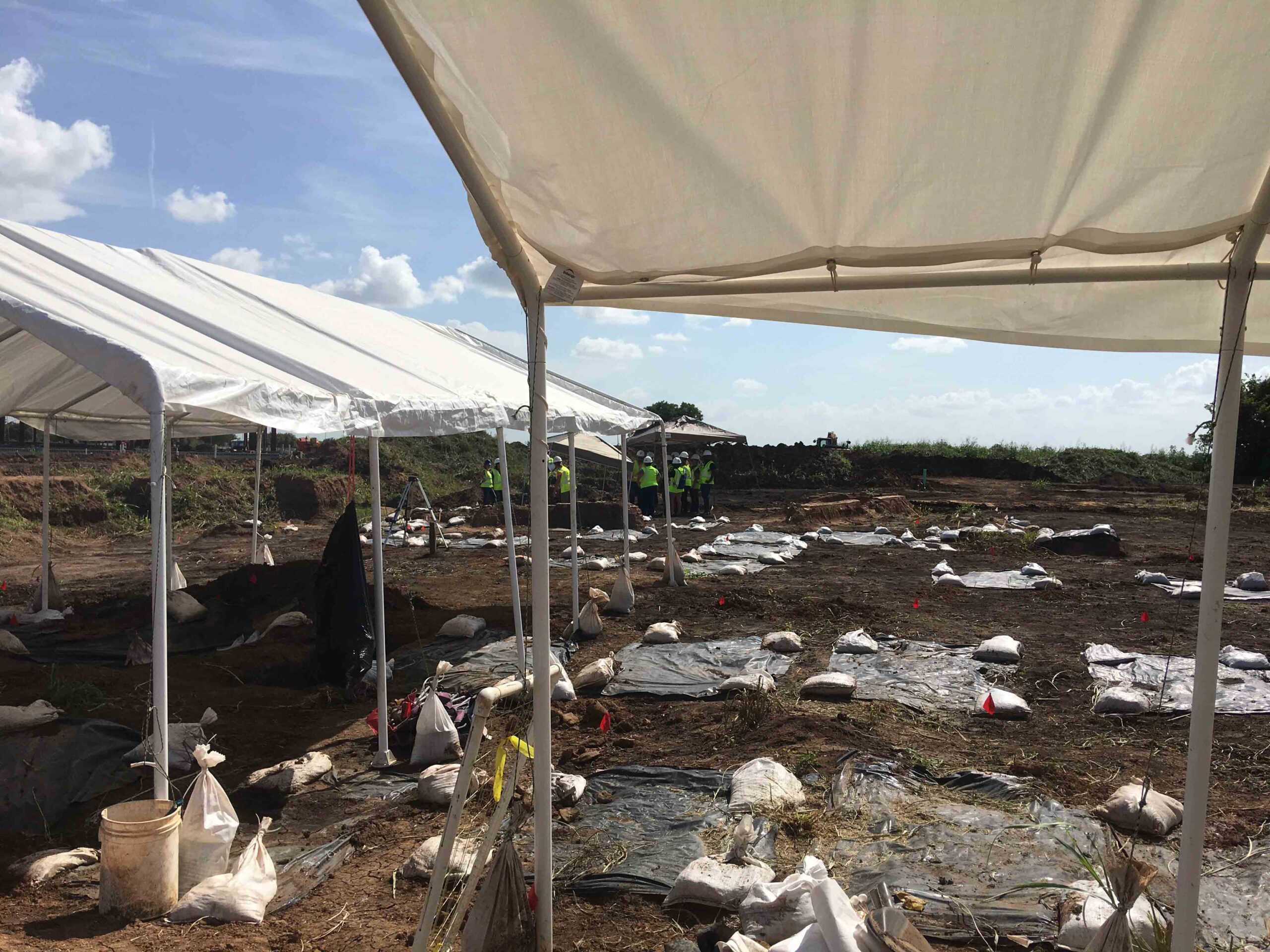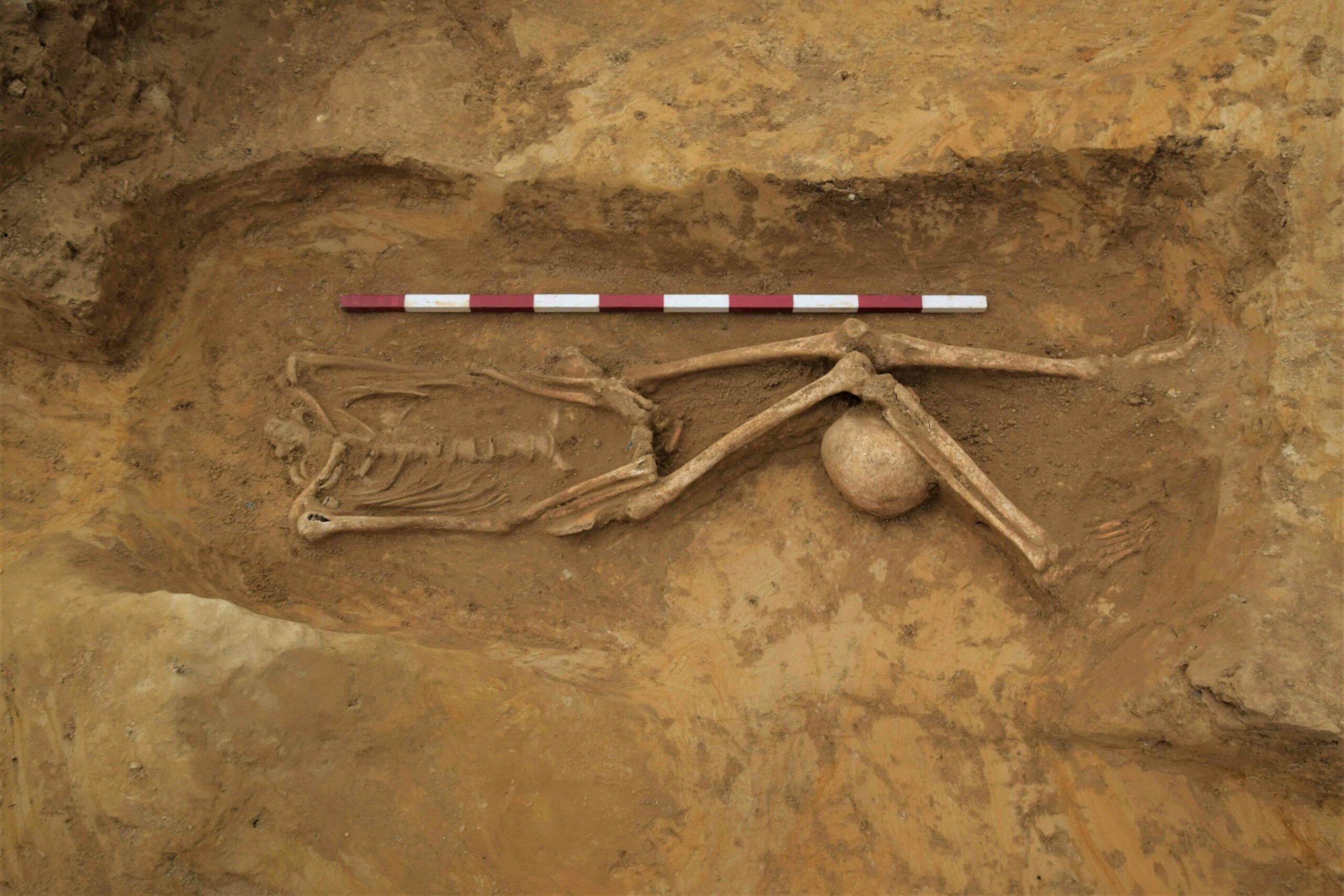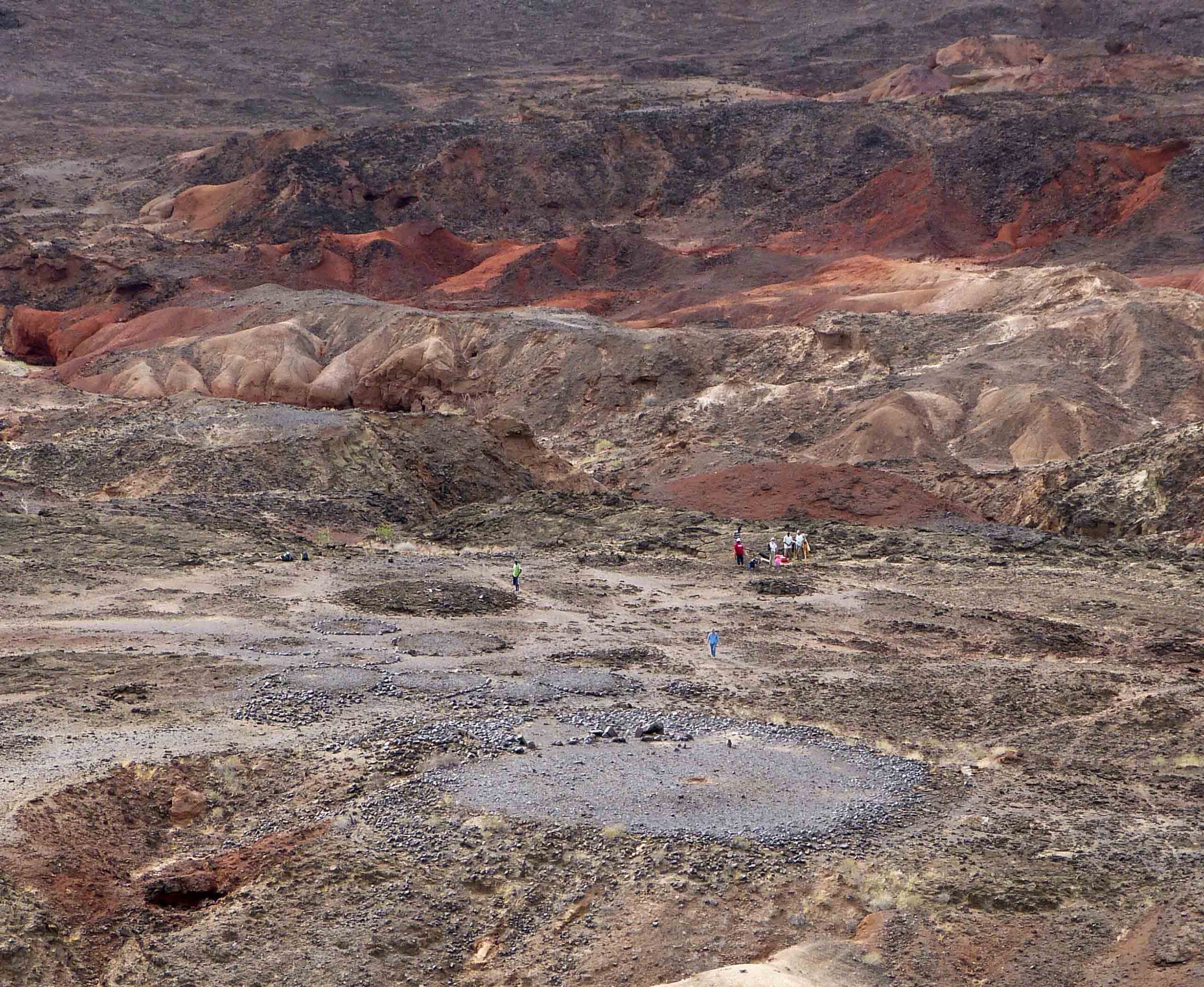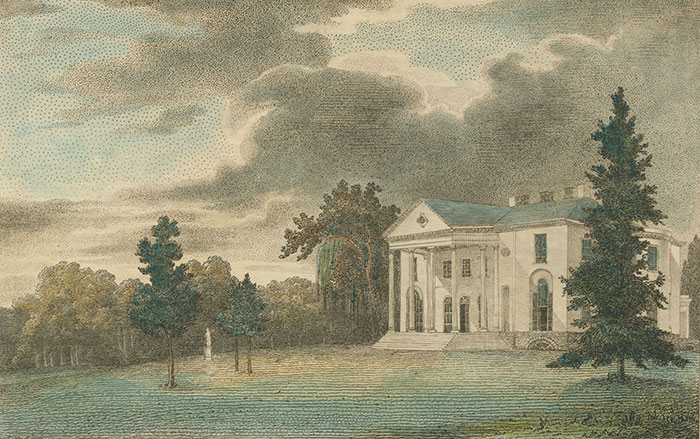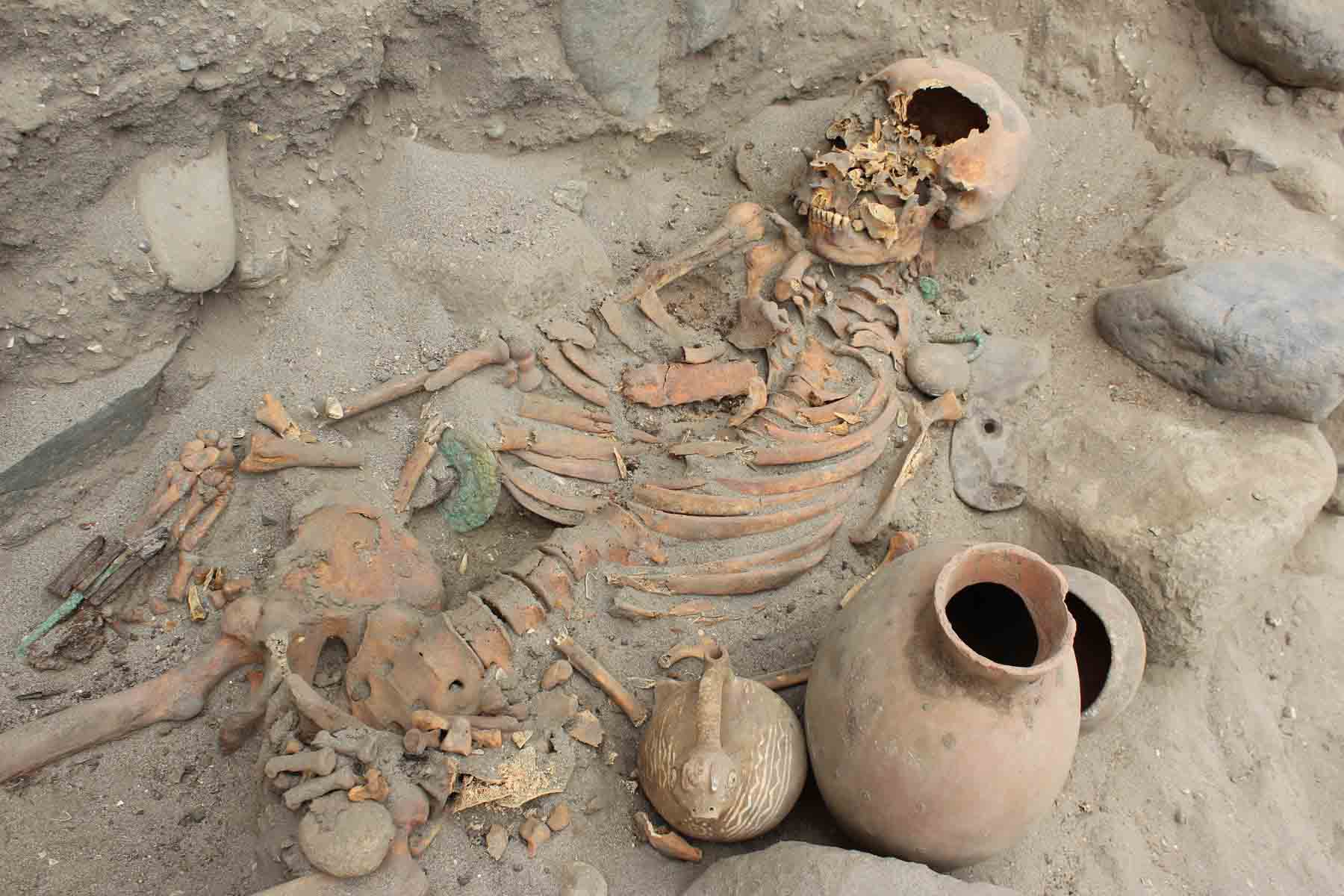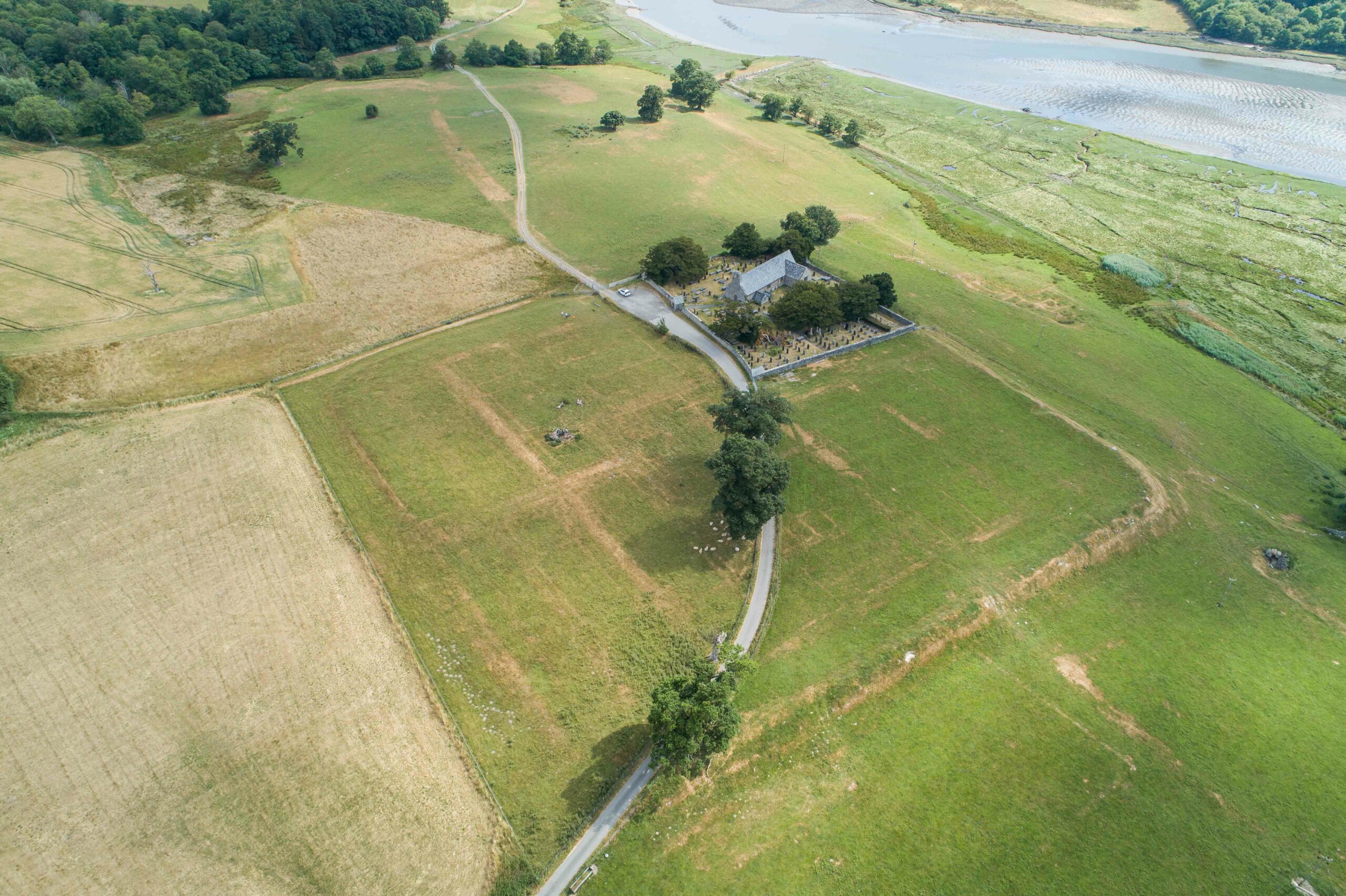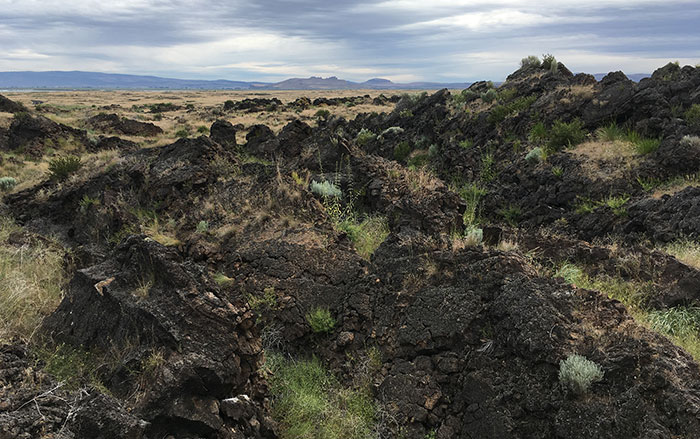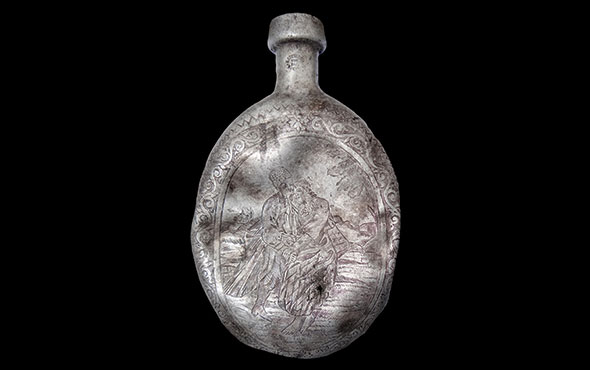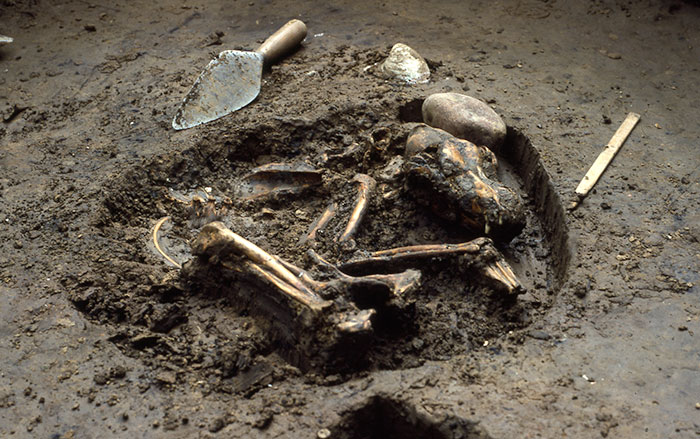
The remains of 95 individuals have been discovered in an unmarked cemetery in Sugar Land, Texas, just outside Houston. In the mid-1800s, the town of Sugar Land was built on a sugar plantation that used slave labor. When slavery was abolished in 1865, the plantation, and later the Imperial Sugar company, leased convicts from state prisons as laborers until 1910, when the practice was outlawed.
In 1908, the state had bought 5,235 acres of land from Imperial Sugar, establishing the Imperial Farm Prison. The incarcerated were forced to provide agricultural labor for the prison farm until the state closed the prison in 2011. The Fort Bend Independent School District purchased the former prison’s land seven years ago and, in compliance with Texas’s Antiquities Code, commissioned an archaeological evaluation of the site. The skeletons were uncovered during the evaluation by Goshawk Environmental Consulting, Inc. Archaeologists believe that the remains can be tied to late nineteenth- and early twentieth-century African-American prisoners who were forced to work the plantation as part of the state’s post–Civil War convict-lease system. Many historians have called the convict-lease system “slavery by another name.” Researchers plan to study the bones before they are reinterred to learn more about life under those harsh conditions.
